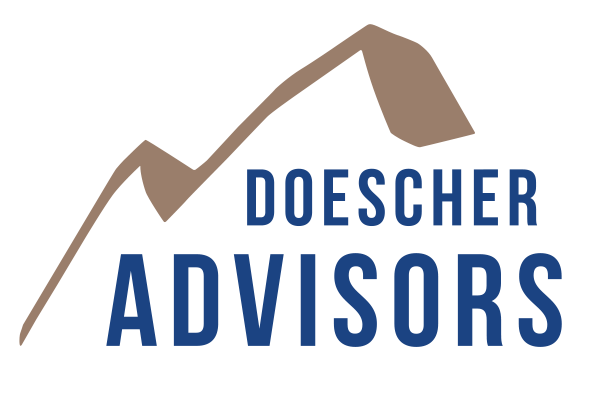Our Blog
Should You Hire a COO?

Tom Doescher
Probably one of the more common topics discussed with clients involves whether or not they should consider hiring a COO. Actually, just yesterday, one of my clients said, “I’ve built this company to a size where I need help managing it.”
A few years ago I read Make The Noise Go Away: The Power of An Effective Second-in-Command, by Larry G. Linne. Since then, I’ve recommended it to several clients. Just recently, I read Riding Shotgun: The Role of the COO, by Nathan Bennett and Stephen A. Miles. In their 2006 book, they observe that not much has been written about the role played by the COO.
Although I’ve been involved for years with hiring and working with COOs, I found the book to be a deep dive into the subject. Bennett and Miles appropriately point out that COOs are hired for different reasons. Unlike other positions, such as CFO or CIO, the COO’s role needs to be tailored to the situation. For example:
- Is the COO’s role to put an organization together around a young founder with a unique product/service who has innovative type technical skills and is a successful new-business developer and client-server?
- Is the COO brought in to run the organization (inside leader), while the CEO is more focused on strategy and new acquisitions?
- Will the COO become the next CEO?
- Is there a transition underway from one generation to the next, and is the COO responsible for grooming/developing the next generation so someone is prepared to lead the company as CEO?
- In anticipation of the sale of a company, is the team bringing in a COO who would be qualified to lead/run the company after the sale?
- Is a COO needed to assist a tired founder/CEO who would like to go on vacation and not have to spend a lot of time dealing with problems back home?
The authors offer some challenges faced by COOs in their jobs, and provide Q&A interviews with successful CEOs and COOs. Here are some of the topics they address:
- Developing a trusting relationship with the CEO. (Editorial comment: When advising clients, I have often said the CEO-COO relationship is similar to a marriage.)
- Developing a workable meeting and communication cadence that works for both executives. (Editorial comment: In this case, they’ll probably need more touchpoints early on.)
- The importance of clearly defining the COO’s authority and making it clear to the other executives. The authors offer some practical warnings for those instances where the COO position is new and the other executives, who previously reported to the CEO, now report to the COO. This poses a distinct risk of the executives going around the COO and continuing to report directly to the CEO. (Editorial comment: In my experience, this is extremely difficult, and the CEO and COO will need to work closely together to achieve the optimal situation.)
- Establishing boundaries to avoid micromanaging by the CEO, whose behavior needs to change.
- The fact that the COO will need to keep their ego in check.
This may sound self-serving, but I think getting outside help in hiring and onboarding the first COO will increase the chances for success. In my experience, it’s very emotional for the CEO, especially if that individual is also the company’s founder, and the outside advisor can help the CEO work though it. Obviously, Doescher Advisors would love to help!
